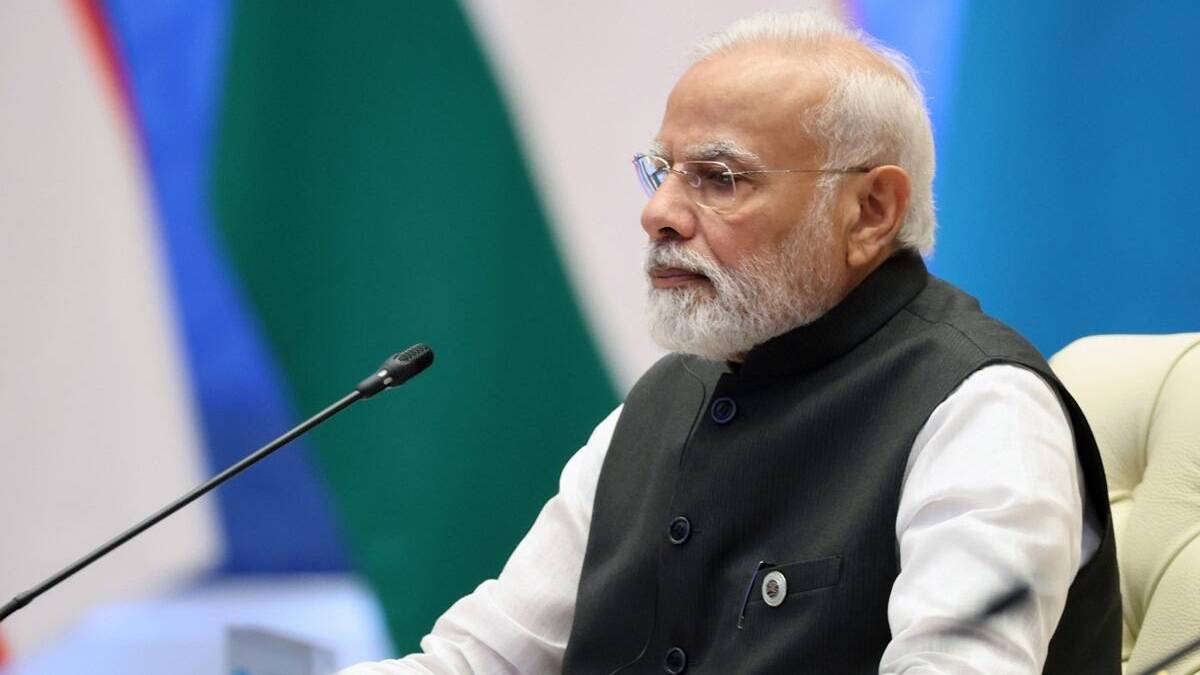On World Radio Day on Monday, Prime Minister Narendra Modi sent out greetings to radio listeners and those connected to the broadcasting industry. In order to honour the well-known medium, UNESCO created World Radio Day in 2011. The topic for this year is “Radio and Peace.”
On the occasion of World Radio Day, Prime Minister Modi tweeted, “Greetings to all radio listeners, RJs, and all others connected to the broadcasting eco-system. May the radio continue to brighten lives with inventive programming and the showcase of human talent.”
The Prime Minister also asked for feedback for his monthly show “Mann ki Baat,” which will air on February 26. Radio is one of the most commonly available and used media types; it predates television, newspapers, mobile technology, and the internet.
Every year on February 13, World Radio Day is celebrated to recognise the importance of radio.
According to the United Nations, radio is a well-liked, reasonably priced medium that can reach even the most isolated and underdeveloped regions. When other media are not available, it continues to transmit for emergency communications or after a natural disaster. It is a media that has successfully adapted to mobile devices and technological improvements like broadband and digital audio broadcasting, among other things (DAB).
Since the early 1920s, radio broadcasts have been heard throughout India. The first radio programme under British control was transmitted by the Radio Club of Mumbai in July 1923. Four months later, Calcutta Radio Club also began broadcasting.
One of the biggest radio networks in the world, AIR, has over 415 radio stations that broadcast in over 146 dialects and about 23 different languages. Additionally, it has 18 FM channels and 9 out of 10 people are covered by it.


